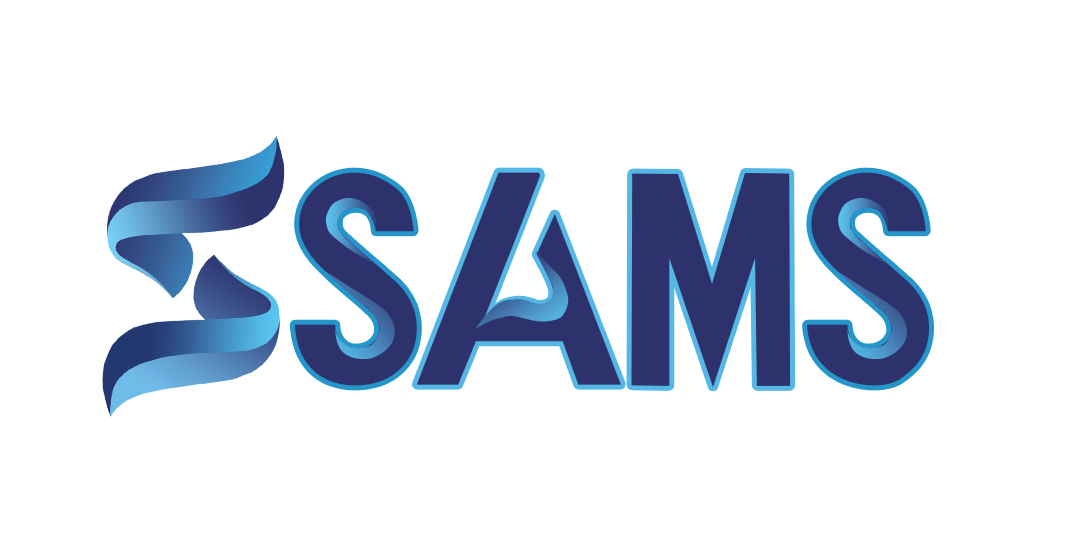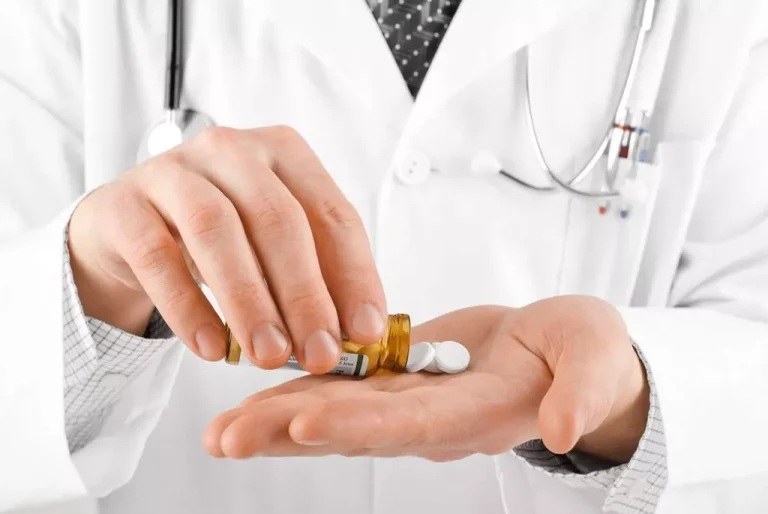
Food addiction cravings are not about a need to quell hunger or to get needed nutrients, but rather it’s often the brain’s cry for a dopamine release. how to overcome alcoholism Dopamine is known as the “feel-good” hormone and a chemical in the brain that is involved in reward-seeking and pleasure. Eating too much too quickly or simply eating a lot of food over time can lead to you feeling sick, bloated, and nauseated. Eating past the point of fullness happens to most people on occasion, such as on holidays, vacations, or special occasions.
- By utilizing these strategies, individuals can enhance their chances of successful addiction recovery.
- Highly palatable foods and drugs of abuse may cause comparable patterns of brain activation.
- It cultivates awareness of personal triggers that might lead to relapse, helping individuals respond intentionally rather than reactively.
- You might also hold onto a nonalcoholic drink instead, ask a friend to support you in difficult situations or simply exit early if temptation gets too strong, the NIAAA suggests.
- They can also monitor your vital signs and address any complications that may arise.
Examples of alcohol treatment programs
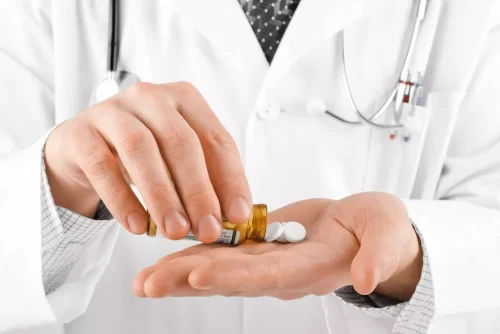
These meetings offer both structure and community, helping support long-term sobriety. Consulting with a healthcare professional is crucial to determine the best course of treatment. They can help assess the individual’s needs and recommend a treatment programme that is tailored to their specific situation. Personalized care and the right support can make a significant difference in the treatment process and long-term recovery.
Role-Playing Challenging Scenarios
- If you’re a long-term, heavy drinker, you may need medically supervised detoxification.
- Find healing with our guide on selecting the best opiate addiction treatment program for recovery.
- Consider staging a family meeting or an intervention, but don’t put yourself in a dangerous situation.
- This activity encourages members to reflect on harmful habits and identify ways to replace them with healthier behaviors that align with their recovery goals.
- We will make each step accomplishable with our professional help and support throughout the entire recovery process.
The way that a social drinker stops drinkingis different from the way that ahigh-functioning alcoholic quits drinking. Thosewho aren’t addicted to alcohol may be able to quit on their own or with the help of friends. Alcohol abuse and addiction doesn’t just affect the person drinking—it affects their families and loved ones, too. drug addiction Watching a family member struggle with a drinking problem can be as heartbreakingly painful as it is frustrating. But while you can’t do the hard work of overcoming addiction for your loved one, your love and support can play a crucial part in their long-term recovery.
- Explore how Medicaid covers addiction treatment in Kansas, from outpatient services to inpatient rehab.
- The steps may seem simple in themselves but we don’t underestimate the courage and commitment it takes to make each one.
- For more information on how we at Delamere can uniquely help you as an individual to recover from alcoholism, call and speak to a member of our addiction treatment team today.
How Can Group Therapy Help Treat My Addiction?
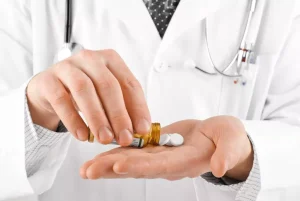
The process of withdrawing from alcohol carries substantial dangers, including potentially life-threatening conditions. It is crucial that individuals undergo medical supervision to observe their vital signs and handle any arising complications. Failure to promptly identify and address alcohol withdrawal syndrome may result in grave consequences like seizures or the onset of depression. To effectively manage social anxiety without the help of alcohol, individuals can implement several strategies that focus on personal development and support. First, it is crucial to educate oneself about social anxiety disorder (SAD), which can help in recognizing and addressing symptoms. Firstly, it serves as a powerful tool for managing stress, a significant trigger for relapse.
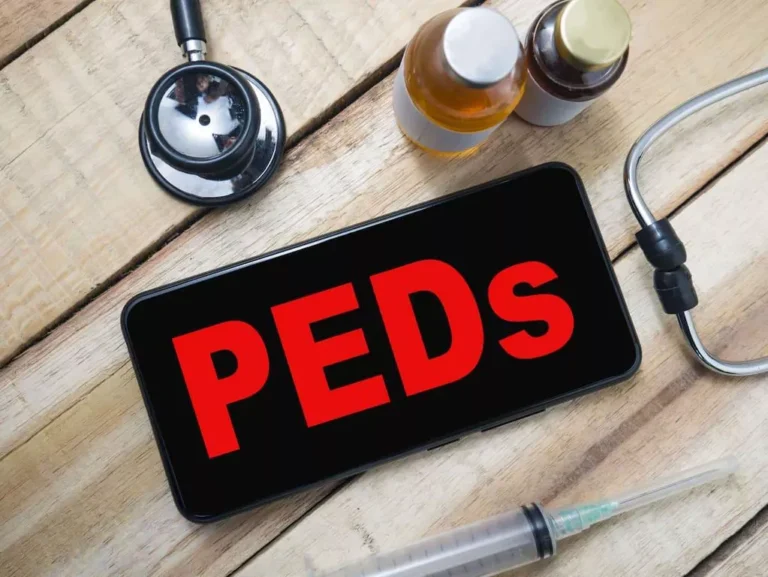
The Role of Therapy and Professional Support
This activity explores various hobbies, encouraging members to try activities that bring joy and fulfillment, enhancing mental health and enriching life. In this activity, members create individualized relapse prevention plans, identify their specific warning signs, and develop strategies to seek support before a potential relapse. Mindfulness meditation guides members to stay present, reducing stress and anxiety. This activity includes a brief, guided meditation to help participants focus on their thoughts and emotions without judgment, which can help manage cravings and improve emotional regulation. Triggers are specific situations, emotions, or people that can prompt substance use. This activity encourages members to identify their unique triggers and brainstorm effective strategies for managing or avoiding these situations.
How much alcohol is OK to drink?
If certain people, places, or activities trigger a craving for alcohol, try to avoid them. This may mean making major changes to your social life, such as finding new things to do with your old drinking buddies—or even giving up those friends and finding new ones. Make meetings a priority – Join a recovery support group, such as Alcoholics Anonymous (AA), and attend meetings regularly. Spending time with people who understand exactly what you’re going through can be very healing. You can also benefit from the shared experiences of the group members and learn what others have done to stay sober. Support can come from family members, friends, counselors, other recovering alcoholics, your healthcare providers, and people from your faith community.
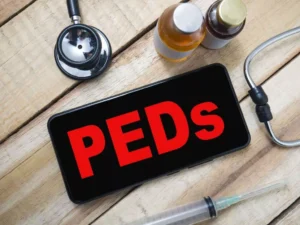
AA and Other Peer Support Groups for Alcohol Addiction
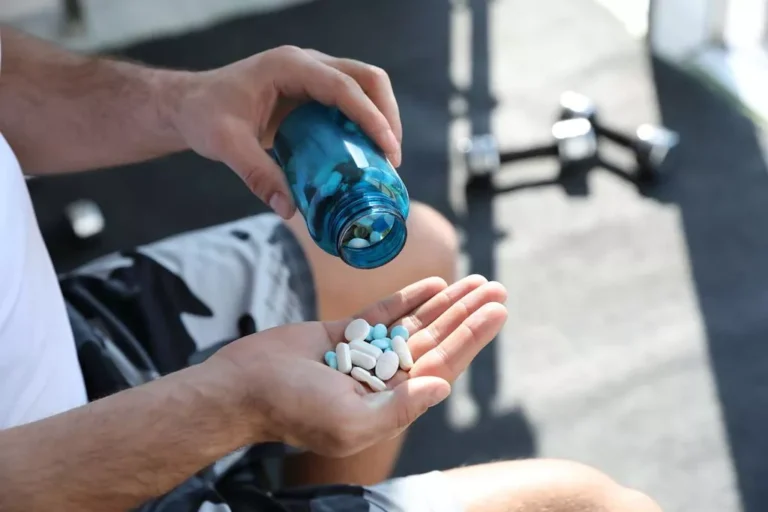
Self-help books or apps are less likely tohelp you successfully quit if you are addicted to alcohol. The app store on your cellphone has several sobriety apps that can inspire you to quit drinking and stay sober. They may help youquit drinking, but most of these apps haven’t been medically reviewed. Dr. Kevin Wandler of The Recovery Village describes the potentially life-threatening withdrawal symptoms that can occur when a person quits drinkingalcohol cold turkey.
- Practicing social skills in a controlled, supportive environment further enhances these gains, enabling individuals to engage more fully in everyday interactions.
- Those who engage in daily drinking habits stand a greater chance of undergoing withdrawal.
- Food addiction is highly prevalent among individuals with mental health conditions, especially in those with eating disorders, affective (mood) disorders, and personality disorders.
A systematic review of randomized controlled trials indicates MBIs are linked to reduced substance dependence and cravings while improving mood and emotional functioning. These findings underscore the importance of integrating mindfulness into addiction recovery strategies, yielding favorable outcomes in long-term sobriety. Detox is necessary when alcohol starts to negatively impact your life and health. If you’re unable to stop drinking despite these negative effects, it’s a clear sign you need help.
